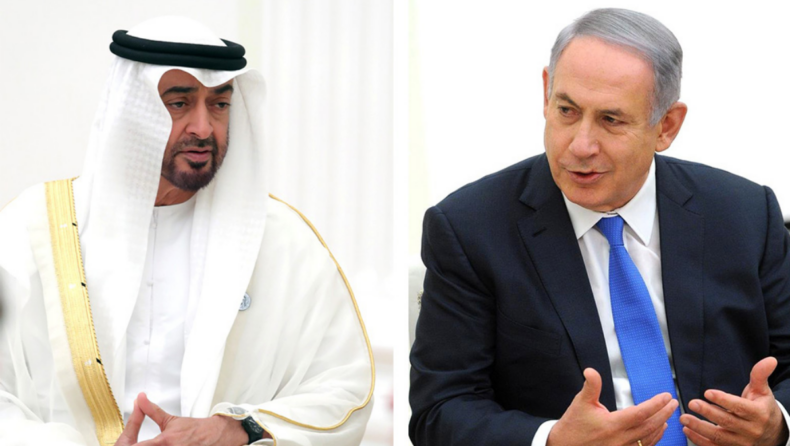
On September 15, 2020, the Abraham Accords were signed which normalize Israel-UAE and Israel-Bahrain relations. The agreements signed by Israel with two Gulf states represent a significant shift in Middle Eastern geopolitics, which has long been marked by Arab Gulf states’ refusal to engage in talks with Israel.
Following the devastating war in the Gaza Strip in May 2020, US President Joe Biden and his administration are laying the foundations to encourage more Arab countries to sign accords with Israel and work to strengthen existing agreements.
The Abraham Accord, a deal between Israel and the United Arab Emirates, has been widely hailed as a major step forward in Israel’s efforts to live in peace. It does, however, face a number of consequences.
Netanyahu’s peace strategy
Obama blamed Israel for his failure to persuade Israel to sign a peace treaty with Mahmoud Abbas-President of the Palestinian Authority. He managed to enlist almost the entire Democratic Party in his portrayal of Israel as an evil oppressor.
Benjamin Netanyahu wasn’t so naive after all. He realised that the real threat to Israel was Iran/Hezbollah and Hamas, not the Palestinian Authority. Israel could not possibly enter into a peace agreement that would not result in peace.
Netanyahu had a very different approach to bringing peace to Israel. He was an M.B.A. who believed in free markets and believed that they could help Israel become stronger. Israel has become a major financial power in the Middle East when Netanyahu became Finance Minister in 2003. For years, Netanyahu has been working successfully to improve relations with Sunni Arab countries, emphasising the economic benefits of better relations.
Following the announcement of the Israel-UAE agreement, Saudi Arabia announced that its airspace would be open to all countries. Saudi Arabia had previously relaxed its ban on flights to and from Israel, allowing Air India to do so a few years ago. Israelis can now fly not only to India but also to Southeast Asia.
Abbas and the Sunni nations
Sunni Arab countries have finally had enough of Abbas’ whining in recent years. They were well aware that Israel was Iran’s adversary and a formidable economic and military force. Saudi Arabia leads the way in this regard, as it is currently engaged in a conflict with Iran and regards Israel as an ally. Abbas, on the other hand, had nothing to offer them. He was more of a drain on their economies and political capital than anything else.
Split of the Muslim world
The UAE agreement exposed a major split in the Muslim world. While the majority of Sunni Arab countries have expressed support for the agreement, Iran, Hezbollah, Turkey, Hamas, and Abbas really haven’t. The deal, according to Abbas, stabbed the Palestinians in the back. Turkey has threatened to cut ties with the United Arab Emirates. The UAE, according to Iran’s Ayatollah Khamenei, has betrayed Islam. Nasrallah of Hezbollah called the agreement a betrayal of Arabism.
The reaction of Hamas has been intriguing. The deal was initially criticised by Ismail Haniyeh, the head of Hamas’ political bureau, who is not based in Gaza. Hamas in Gaza fired at least a dozen rockets and hundreds of incendiary and explosive balloons into Israel for about two weeks at the same time. After Israel and Hamas agreed to a peace agreement, the attacks ceased.
The Egyptians brokered the peace agreement, having served as an intermediary between Israel and Hamas in Gaza for years. Haniyeh appears to see the UAE agreement as a threat to Hamas and its allies. He’s simply told the Hamas people in Gaza to stop messing with Israel on their own. He, like Netanyahu, sees the Hamas-Israel relationship as part of a larger whole.













